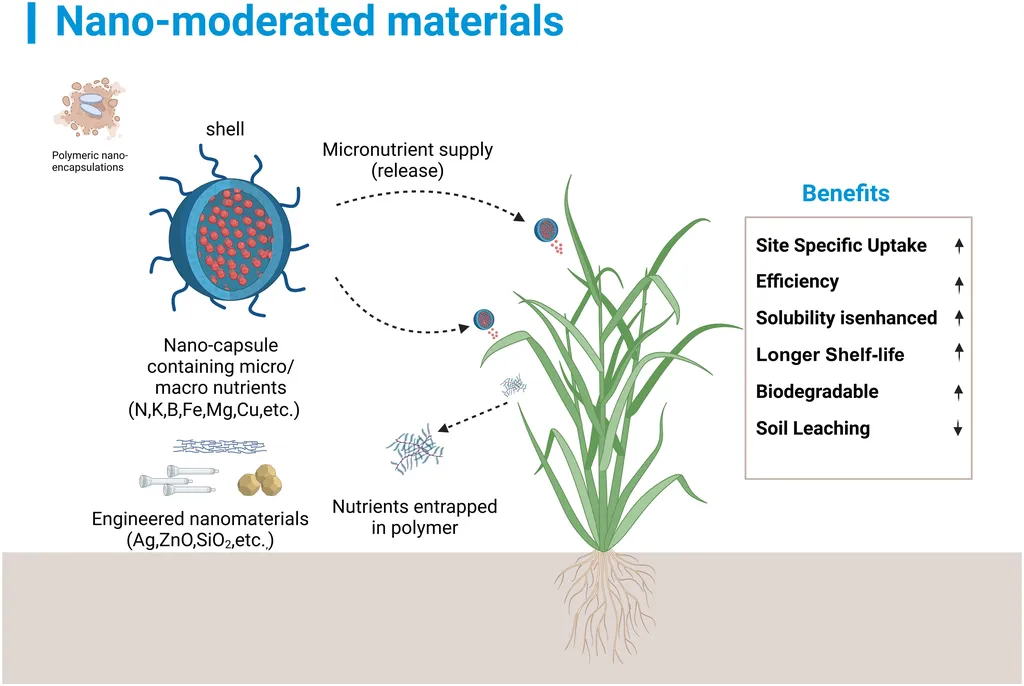In the heart of Egypt, researchers are unlocking the potential of tiny particles to revolutionize agriculture, and their findings could send ripples through the energy sector as well. Somaia Youssif Abdelmagid, a dedicated scientist from the Botany and Microbiology Department at Helwan University, has been exploring the impact of titanium dioxide nanoparticles on faba bean plants. Her work, recently published in the journal Scientific Reports—known in English as “Nature Scientific Reports”—offers a glimpse into a future where nanotechnology and agriculture intersect to boost crop yields and potentially support bioenergy production.
Abdelmagid’s study focuses on the germination and early growth of faba beans, a vital crop in many parts of the world. By synthesizing titanium dioxide nanoparticles (TiO2NPs) using extracts from the desert plant Zygophyllum simplex, she created a biocompatible solution that could enhance seed germination and seedling growth. “We aimed to support sustainable and biocompatible approaches in nano-agriculture,” Abdelmagid explains. “Our goal was to see if these nanoparticles could positively influence the early stages of plant development.”
The results were promising. When faba bean seeds were soaked in solutions containing low concentrations of TiO2NPs, germination rates improved significantly. Seedlings grew taller and stronger, and the activity of key enzymes—including catalase, peroxidase, and superoxide dismutase—also increased. These enzymes play crucial roles in protecting plants from oxidative stress, a common challenge in agriculture that can limit crop yields.
However, the story isn’t all positive. Higher concentrations of TiO2NPs had the opposite effect, reducing germination rates and inhibiting seedling growth. “It’s a delicate balance,” Abdelmagid notes. “While low concentrations of these nanoparticles can enhance plant growth, too much can be detrimental.”
So, what does this mean for the energy sector? Faba beans are not just a food crop; they also have potential as a source of bioenergy. By improving germination and early growth, these nanoparticles could help farmers produce more robust plants, ultimately increasing the biomass available for energy production. As the world seeks sustainable alternatives to fossil fuels, innovations like this could play a crucial role in meeting global energy demands.
The study also opens the door to further research. Abdelmagid suggests that exploring the impact of these nanoparticles on vegetative growth and yield could provide even more valuable insights. “The positive effects we observed during germination and early seedling development are just the beginning,” she says. “There’s still much to learn about how these nanoparticles interact with plants over their entire lifecycle.”
As the world grapples with the challenges of climate change and the need for sustainable energy, research like Abdelmagid’s offers a beacon of hope. By harnessing the power of nanotechnology, we may be able to enhance agricultural productivity and support the development of renewable energy sources. The journey is just beginning, but the potential is immense.

